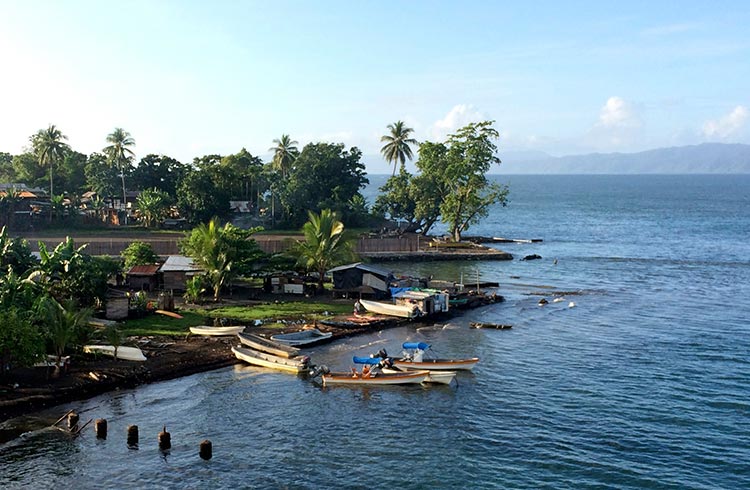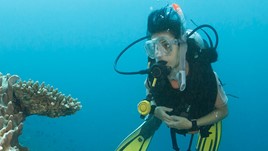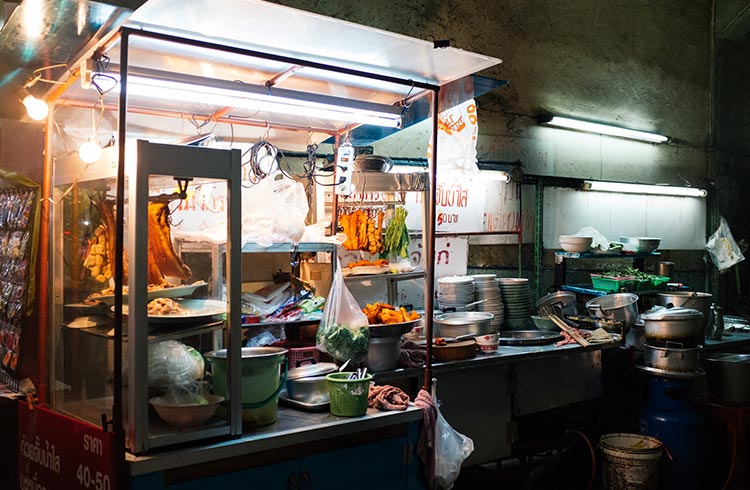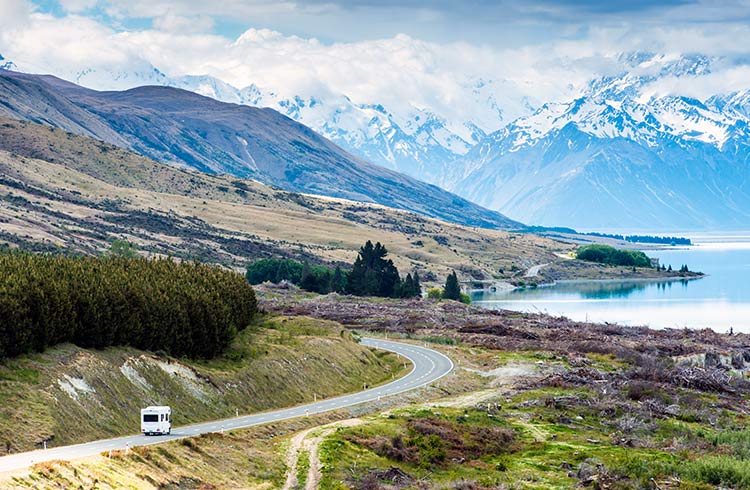8 Things I Wish I Knew Before Visiting Papua New Guinea
Is Papua New Guinea safe to visit? Here's everything to know before you go, from avoiding trespassing on private land to personal hygiene and speaking Pidgin.
 Photo © Getty Images/LifeOfRileyDesign
Photo © Getty Images/LifeOfRileyDesign
With more than 700 languages, a mixture of unique cultures, challenging treks, and great surf, PNG really is the final frontier of travel. Wrecks from World War II lure experienced divers from around the world, and very few countries can compete with the overwhelming hospitality of Papua New Guineans.
Traveling here can also be dangerous. The warrior mentality hasn't been dulled by 60 years of Western influence, and violent crime is a problem in large cities and parts of the Highlands. Here are some tips before you visit Papua New Guinea.
- Know where to go
- Get a guide
- Watch your wallet
- Carry hand sanitizer
- Learn some Pidgin
- Don't be afraid to ask for help
- PNG transport
- Be alert
1. Know where to go
In PNG there's no such thing as public land. Every inch of space belongs to the people: to Papuan tribes or families. If you go exploring on your own, you might trespass on someone's land and create an ugly situation.
Make sure you know where you're going. Ask where you should and shouldn't go. Better yet, have a local go with you.
2. Get a guide
The people of PNG respect associations. You could be seen as a strange intruder or a trusted guest, depending on who you're with. A local guide will help you make a good impression when you arrive at remote tribal villages, and they will detect subtle signs of danger, steering you to safety.
3. Watch your wallet
Armed robbery is rare in PNG, but pick-pocketing and other opportunistic crimes do happen, especially at local markets. Don't make your wallet an easy grab, hide your belongings well, and don't carry excessive amounts of cash or your passport when it's not required. Keep it safe back at your accommodation.
4. Carry hand sanitizer
Personal hygiene in PNG is not exactly up to Western standards. Avoid food-borne illnesses and other health issues by washing hands well and using hand sanitizer regularly.

5. Learn some Pidgin
Even though the language of the media, government, and business is English, fewer than 20% of the population went to school to learn it. If you want to communicate within Papua New Guinea, which boasts more than 700 languages and hundreds of tribes, the best way is through Tok Pisin (aka Pidgin), a kind of broken English.
You'll get extra respect from local adults and make children frenzied with laughter.
6. Don't be afraid to ask for help
You can't possibly be fully prepared for PNG. With limited tourism infrastructure, very few regions in Papua New Guinea are connected by roads. With limited information online and no tourist information offices in Port Moresby, the best way to ask for advice while traveling is to chat with a local – or, have a local guide with you to show you around. Don't be shy to ask for suggestions, or for a helping hand.
7. Papua New Guinea transport
Getting around Papua New Guinea is a challenge. Flying is the best method of transport, and there are a number of domestic airlines that serve provincial capitals and regional towns, making it easy to get to remote places. If you have booked a packaged tour, flights should be included. Independent travelers should book in advance to get the best price on domestic flights.
Using the much cheaper option, Public Motor Vehicles (PMV), to get around is a great way to see the country via the roads. These are privately owned minivans, trucks or buses. (Note: the official PNG tourism site advises women against traveling alone on PMVs.)
Book a scuba diving or snorkeling tour to see the incredible dive sites, reefs, and marine life off the coast of PNG. When traveling by boat, be aware that pirates are known to operate off the coast, so stay up to date with the news or check with your tour guide for the latest information.
8. Be alert
If something doesn't feel right, trust your gut. If someone makes an unusual offer, say thank you (politely) and walk away.
About the Author
Roberto Rocha traded a job in technology journalism to a one-year world trip, surrounding himself with fruits and nuts instead of Apples. He's originally from Brazil but has settled in Montreal, Canada, where, miraculously, he still prefers soccer over hockey. He lives and travels with his girlfriend Bianca.
Related articles
Simple and flexible travel insurance
You can buy at home or while traveling, and claim online from anywhere in the world. With 150+ adventure activities covered and 24/7 emergency assistance.
Get a quote


No Comments